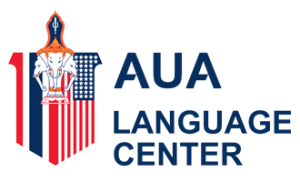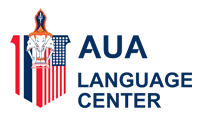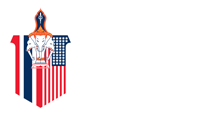SIT TESOL CertificateCourse Syllabus |

SIT TESOL Certificate Course Syllabus
The SIT TESOL Certificate Course consists of 8 modules. The first two,Learning and Teaching, explore the principles of adult learning and ways teachers can set up a classroom to facilitate the learning process.
Participants then go on to explore what are known as the “4 Skills” in TESOL: speaking, listening, reading, and writing. Although the “Grammar” module falls in the middle of the 4 skills, the focus on language awareness is a thread that runs through the entire course.
Finally, participants reflect back on all of the modules through the lens of cultural awareness, though, here again, attention is paid to inter-cultural dynamics throughout the course.
| Module | Key Questions |
|---|---|
| Learning |
|
| Teaching |
|
| Speaking |
|
| Listening |
|
| ************ Grammar & Language Awareness ************ |
|
| Reading |
|
| Writing |
|
| Culture |
|


